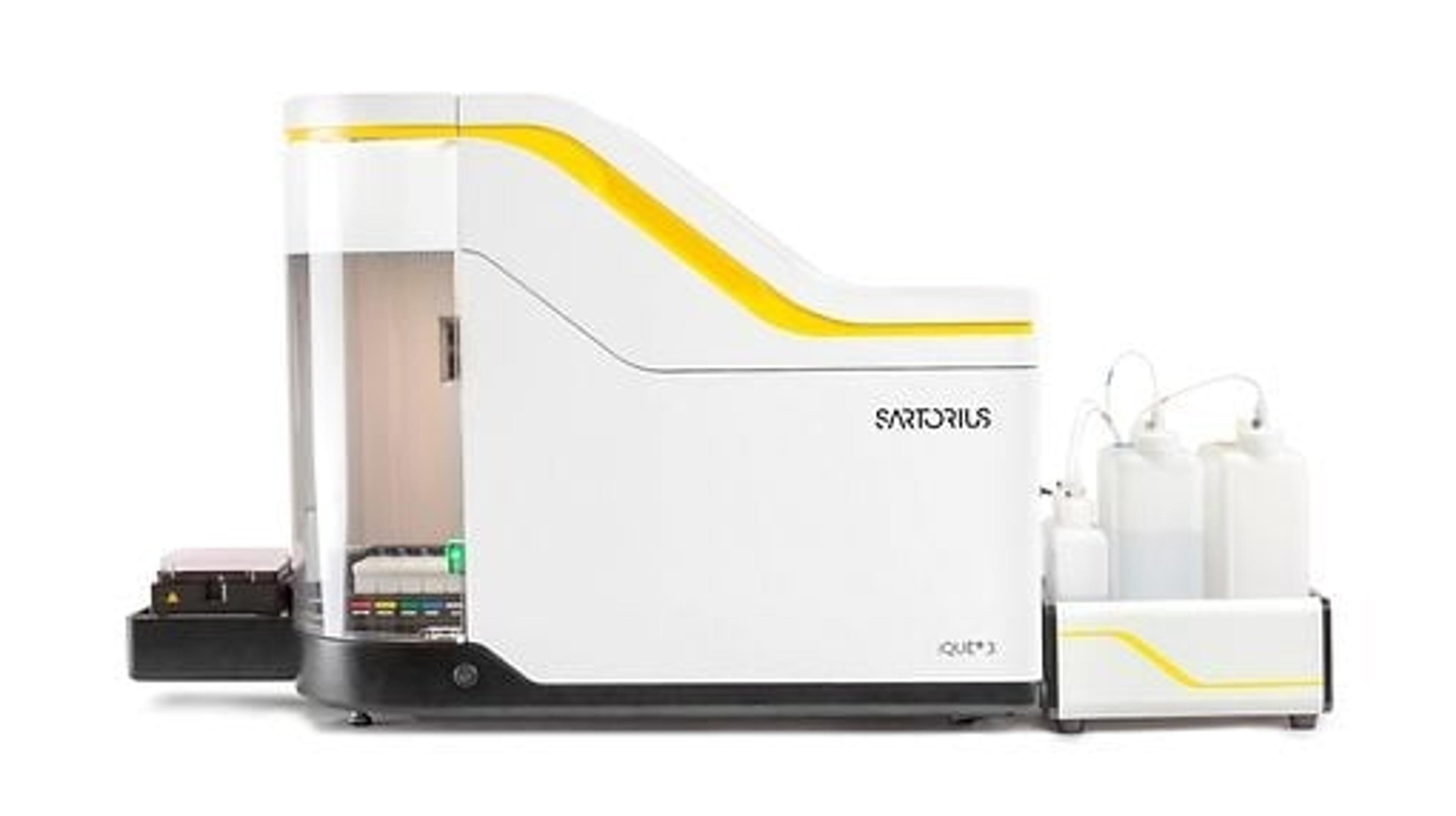High-quality therapeutic antibody generation for the immuno-oncology sector
Discover the importance of high-throughput and robust methodologies for finding ‘needle-in-the-haystack’ therapeutic antibodies
9 Nov 2020

Immuno-oncology is a rapidly growing sector with an increasing need for the generation of high-quality, therapeutically relevant molecules for the treatment of cancers and related diseases. ImmunoPrecise Antibodies (IPA) is one company dedicated to delivering therapeutic antibodies for a diverse range of targets, using innovative technologies and partnering with industry leaders to achieve this goal.
In this exclusive interview, we speak with Debby Kruijsen, general manager of ImmunoPrecise Antibodies Europe, about the current challenges and exciting opportunities in the rapidly growing immuno-oncology antibody sector.
Rapid screening for high-quality and timely data
The main aim for IPA is to utilize its full-service antibody discovery platform to develop antibodies that enable more effective treatment of cancer patients. However, as tumors have their own individual characteristics, different strategies are needed to treat them best. This requires the ability to screen and select high-quality antibodies that have the characteristics of interest and act upon the chosen oncological target, without affecting healthy tissue.
It’s like finding that perfect needle in a haystack.
Debby Kruijsen ImmunoPrecise Antibodies Europe
“In the research phase, you can generate and select many functional antibodies that specifically recognize your target protein on cancer cells,” explains Kruijsen. “However, you then need to funnel down through these effective antibodies to find one that has the desired characteristics and developability profile in its final therapeutically applicable antibody format. This full data set helps to predict the behavior of the antibody in vivo.”
To ensure you generate effective and safe therapeutic antibodies, the ability to screen large numbers of antibodies in the research phase is essential. “It’s like finding that perfect needle in a haystack,” surmises Kruijsen, “and the iQue allows us to screen these large numbers, rapidly.”
The iQue Advanced Flow Cytometry Platform from Sartorius provides IPA with the ability to screen antibodies on target-expressing cells, recombinantly and on native cells. “Without the iQue, we would need to screen all these antibodies on each individual cell, which is just not time-efficient,” explains Kruijsen, “but with the iQue, we can view multiple high-throughput screenings via multiplexing.” Kruijsen went on to share that IPA’s lab can add the different cell types in a single well, requiring only a small number of cells and low volume of antibody-containing samples to be screened on the iQue to quickly identify hits of interest, provide high-quality data, and draw robust conclusions.
Case study: Humanization with retained efficacy
In partnership with Sartorius, Kruijsen’s team wanted to show that the iQue can be used in the research phase of a campaign to identify antibodies of interest in a high-throughput manner supporting the entire discovery workflow including IPA’s antibody engineering platform enabling the screening of a large set of humanized antibody variants for retained target-reactivity after which the selected antibodies can flow into the in-depth characterization and developability analysis workflow.
The produced application note describes a successful humanization of an animal-derived antibody by the screening of a large set of in silico designed antibody variants for retained binding to the native cell-expressed target. Selected antibodies were further analyzed for affinity and sequence liabilities. “This humanization methodology is very elegant and allows us to truly humanize animal-derived antibodies,” Kruijsen explains. “The resulting antibodies obtain the maximum percentage of ‘humanness’, whilst retaining desired affinity and specificity towards the cell-expressed target without introducing liabilities.”
Antibody discovery is a rapidly moving field with respect to new targets, new methodologies, new antibody formats, and new options for the treatment of patients. IPA aims to continue to improve its workflows and generate high-quality antibodies, from choosing the best tools to use in an antibody discovery campaign, through to delivering fully characterized therapeutic antibodies.
“We are continuously anticipating the needs of the field,” shares Kruijsen. “Either through the implementation of new technologies or the optimization of current technologies to fulfill those needs and support the more complex research questions we expect to see in the future."
The importance of peer-to-peer communication and industry collaboration
"Communication in science, especially in antibody discovery, is incredibly important because it's such a rapid developing subject. It is beneficial to everyone to be able to use each other’s knowledge and know where to look if you have specific research questions or would like to develop therapeutics using certain technologies.
For instance, it's very important that if academics have identified a new target, they know what else is available (outside of academia) to make that finding truly pull through into the clinic. Therefore, I think it’s crucial to keep that communication open.
Of course, there are barriers with confidentiality, but I think that staying connected is critical for quickly generating therapeutics to fight certain diseases, which is what you see currently with COVID. People are really focusing and collaborating to get a SARS-CoV-2 therapeutic or vaccine off the ground as soon as possible. This is what we try to achieve with our own PolyTope™ COVID-19 Therapy & Vaccine, but also by helping our peers."
- Debby Kruijsen, general manager of ImmunoPrecise Antibodies Europe
Visit our Immuno-Oncology special feature for more exclusive interviews and top research resources>>

